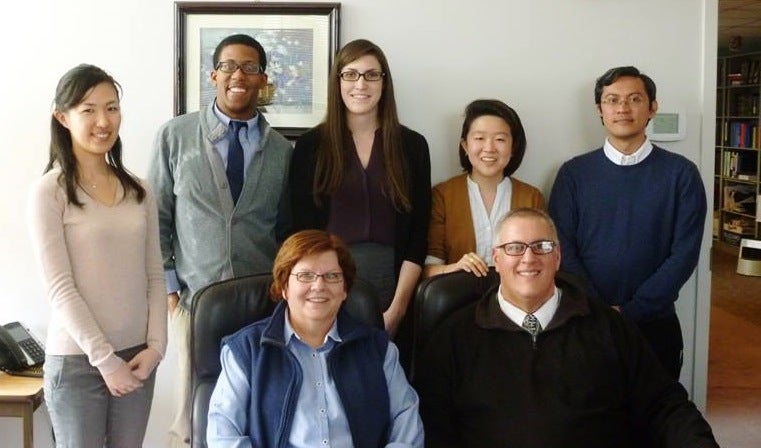From March 15-23, many Harvard Law students used their spring break to learn about the law outside the classroom.
Developed and sponsored by the Office of Clinical and Pro Bono Programs, several teams of HLS students traveled across the US to work with humanitarians along the Arizona border, Bostonians trying to seal their criminal records, immigrants in Texas and children in the Mississippi Delta.
This is the 10th year that the Office of Clinical and Pro Bono Programs has funded alternative spring break trips for students. These trips originated in response to Hurricane Katrina in 2005, when students went to New Orleans to assist displaced families. “These trips have provided students with unique experiences. Students often come back from these trips and remark on how eye-opening and transformative their trip was,” said Lisa Dealy, Assistant Dean for Clinical and Pro Bono Programs.
Immigration Border Work
No More Deaths
(Tucson, Arizona)
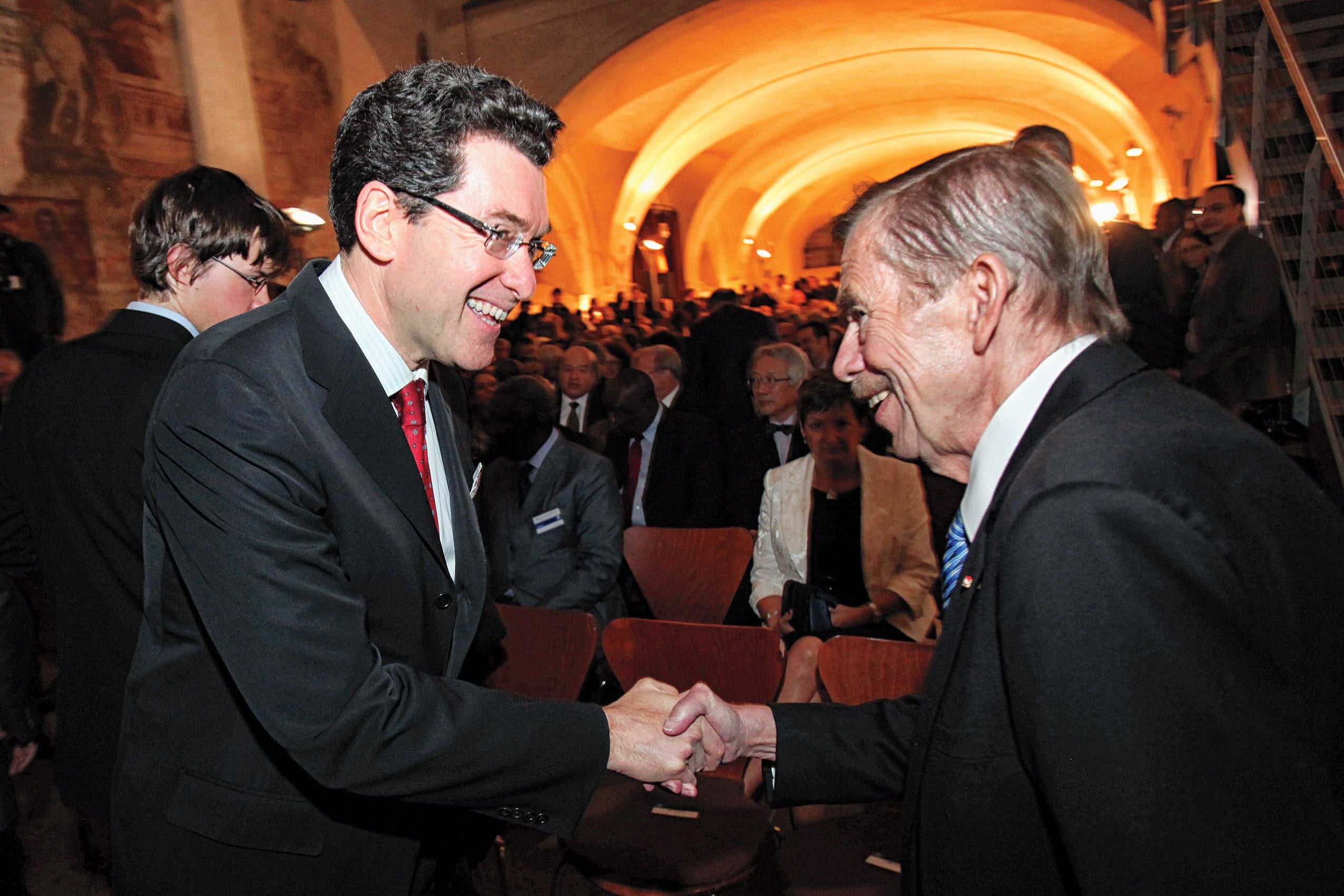
Six students worked with No More Deaths, an organization that provides humanitarian aid to migrants on the U.S.-Mexico border. Students hiked trails in the region to attempt to map out new routes for the humanitarian aid teams, monitor border patrol practices and collect information on the treatment of detainees by Border Patrol. In the past, No More Deaths volunteers have filed complaints with the Department of Homeland Security’s Office of Civil Rights and Civil Liberties, and have collaborated with the ACLU of New Mexico’s Regional Center for Border Rights in documenting abuses.
Sima Atr ‘15 and Emma Scott ’15 described their experience in op-ed in the March 27 edition of The Harvard Law Record.
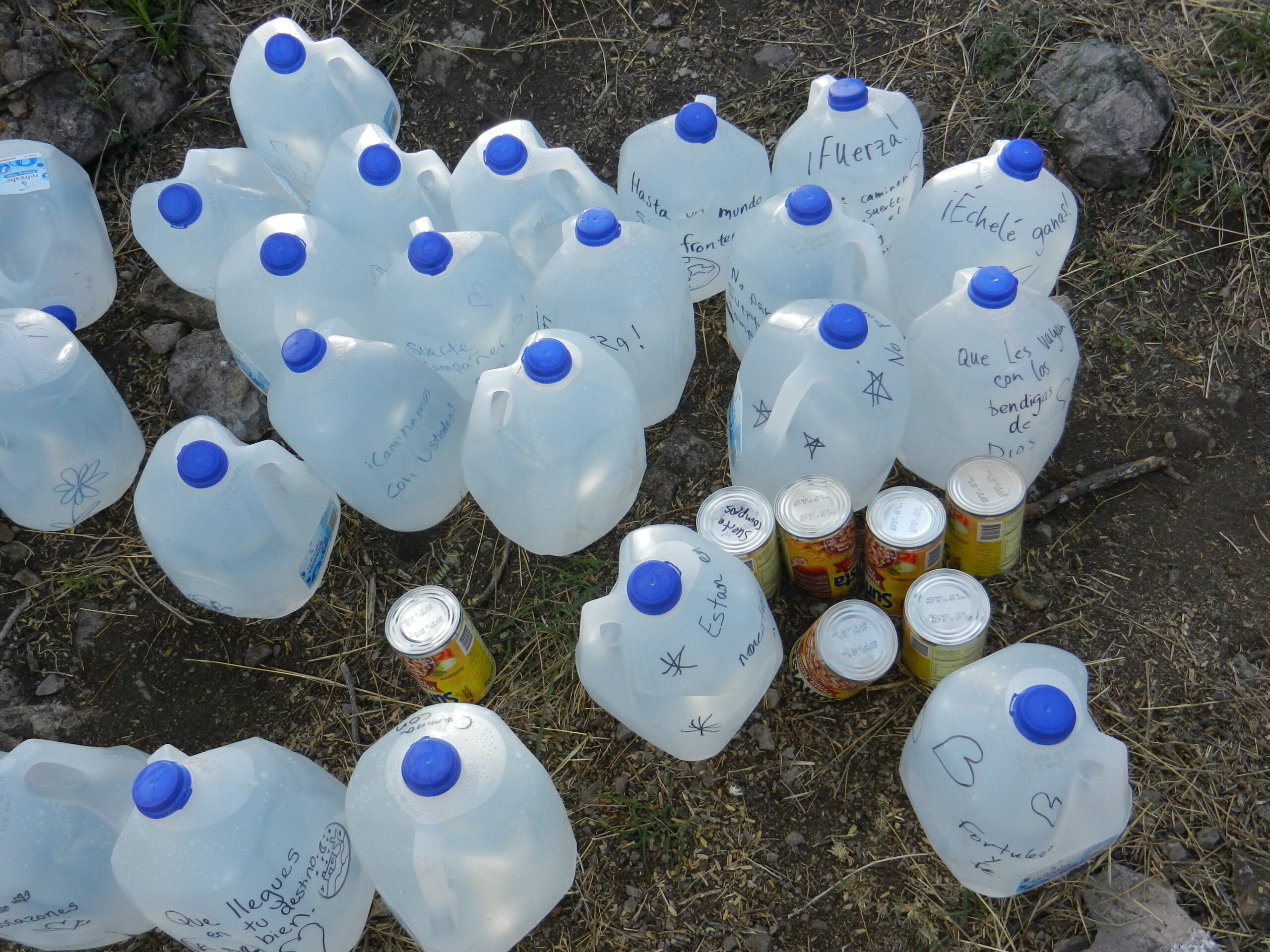
“What we found at the border was vastly different from the narrative we’ve heard in the media and in politics. The desert separating Mexico and the U.S. is a warzone, and thousands of migrants have died in the last decade trying to cross it. During our week there we witnessed the terror border patrol inflicts on both migrants and residents. We saw the water bottles we put out slashed and our own tracks closely monitored. On the trail we found shrines to Our Lady of Guadalupe, abandoned backpacks, and tattered shoes, left behind by those embarking on a journey to save their lives or the lives of those they love. Rather than meeting drug-mules and criminals, we found the trails walked by families, hopeful victims, and people trying to return to their true home.
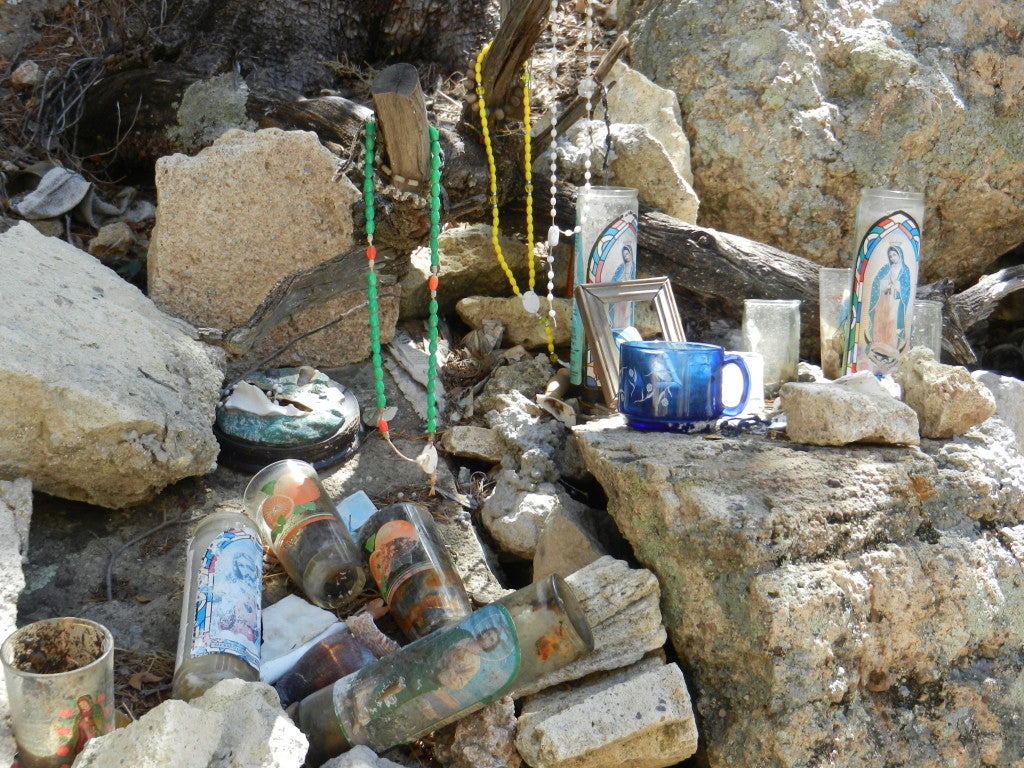
“Although we didn’t meet any travelers on the trail, we felt and saw their presence. Food and water we left out on Monday had been consumed by Wednesday, and fresh trash appeared along popular trails. Our seasoned guides colored the landscape with stories of their own encounters. Through their years of collected experience they had met a myriad of folks – men, women, and children – with unique and inspiring stories of hardship and endurance. They had treated a wide range of medical emergencies, rescued the waning, and recovered the fallen. Migrants had told them about how they had been attacked by bandits, had been separated from their group and wandered the desert lost and alone for days, and had been chased by dogs unleashed on them by Border Patrol. Without aid from groups like No More Deaths, many more would fall mercy to the desert, and many more would die.”
The trip leaders were HLS Clinical Fellow Emily Leung and Clinical Instructor Phil Torrey, “Whether students are interested in pursuing a career in immigration law or learning more about border issues generally, witnessing firsthand the suffering that is taking place at the U.S./Mexico border is a transformative experience. It’s something that will hopefully inform their future work in law school and beyond,” Leung said.
CORI project
Greater Boston Legal Services Center and Legal Advocacy and Resource Center
(Boston, Massachusetts)
The existence of any criminal record can be a barrier to employment, housing, and other opportunities, as employers, housing agencies, volunteer organizations, as well as government agencies administering public benefits use criminal offender record information (CORI) as a screening tool.
Five students volunteered with Greater Boston Legal Services Center and the Legal Advocacy and Resource Center (LARC) during spring break to help clients with criminal histories seal their records, using a Massachusetts law that allows administrative and court sealing of certain criminal records. Throughout the week, students met with clients seeking advice and/or assistance with document preparation. Students helped prepare CORI requests, petitions to seal (both administratively before the Office of the Commissioner of Probation and before the Court), affidavits in support of petition to seal, and affidavits of indigency.
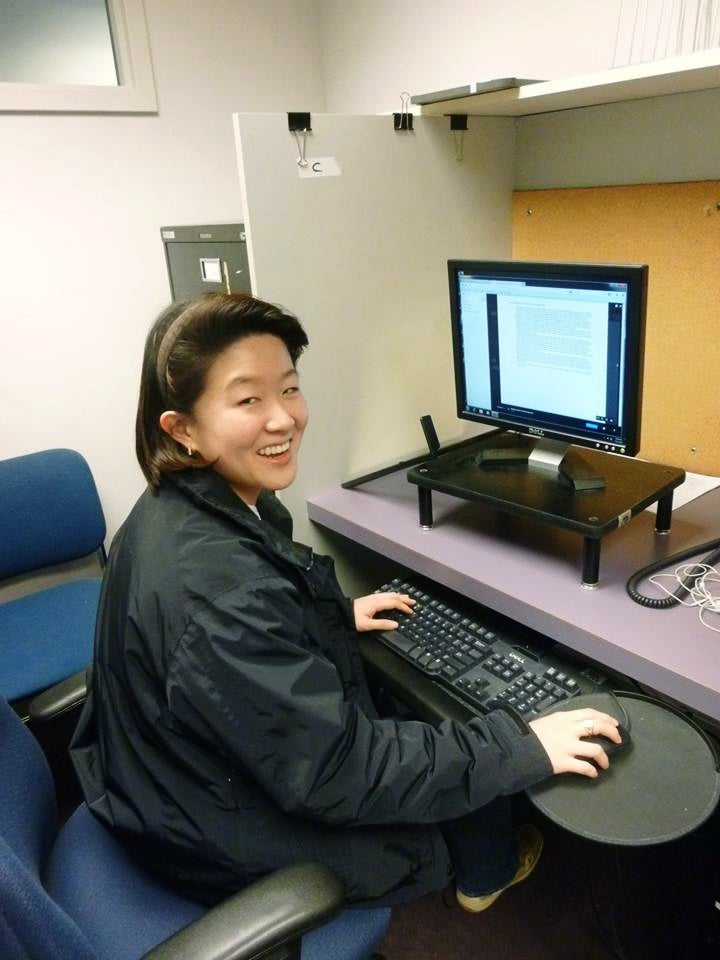
Sharon Kim ’16 wrote about her experience on her blog: “I loved my time at LARC, and I am very grateful for having been provided the opportunity to serve the Greater Boston community. I’m very thankful to my colleagues, who reminded me on a daily basis how fortunate I am to be a part of the HLS community. From our conversations alone, I learned about the conservative nature of Japanese culture, the sprawls of ‘Atlanta,’ and the energy industry and its regulatory framework in the Philippines. It amazed me that people from all different walks of life could come together in the way we did for a common cause. Most importantly, I owe my gratitude to our supervisors Steve [Russo] and Pauline [Quirion] and the rest of the LARC team, who were extremely generous with their patience and time. They taught me the most important lesson of all: that people, regardless of where they come from, just need someone there to listen to their story and help carry their burden. That grace and passion can be found through and from the work you commit yourself to. I hope that in the future, I can be an inspiration to others as those at LARC have been to me.”
Voting Rights
Mexican American Legal Defense and Education Fund
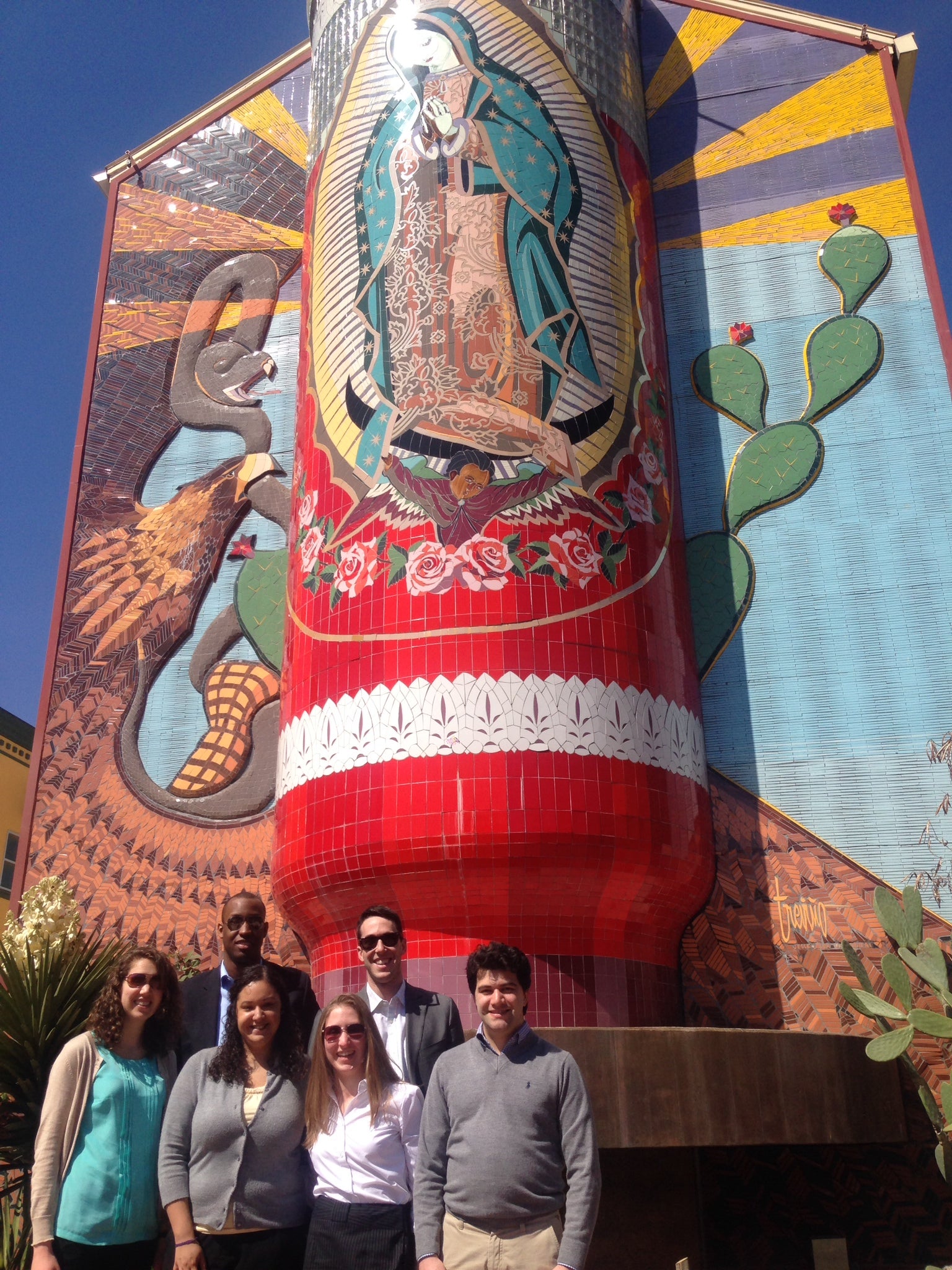
(San Antonio, Texas)
Six HLS students worked with the Mexican American Legal Defense and Education Fund (MALDEF) to do legal research and prepare evidence and witnesses for a redistricting case that could result in extending Voting Rights Act preclearance coverage in one of the most critical states for minority voters. Based in San Antonio, Texas, students drove to nearby towns and interviewed residents on race relations and historical discrimination.
Students also studied San Antonio’s history of civil rights issues and the work that has been done to establish education, voting, and other rights for immigrant and minority communities.
Joint Use Project
Delta Directions/Harvard Mississippi Delta Project
(Clarksdale, Mississippi)
Mississippi has both the highest adult and childhood obesity rates in the country. In one attempt to combat this, Mississippi passed House Bill 540, which limits the liability of school districts for claims arising from the joint use of their facilities.
The goal of the bill was to promote more recreational and sports activities for Mississippi children by facilitating greater use of school property, as many communities often lack the resources for independent facilities.
Four students went to Mississippi schools to compile a toolkit for implementing joint use agreements with community organizations to use the school facilities during non-school hours. Students conducted research on joint use best practices, and interviewed local school officials to assess their concerns and needs. Students provided an overview and training on the joint use toolkit to local schools at the end of the week.
